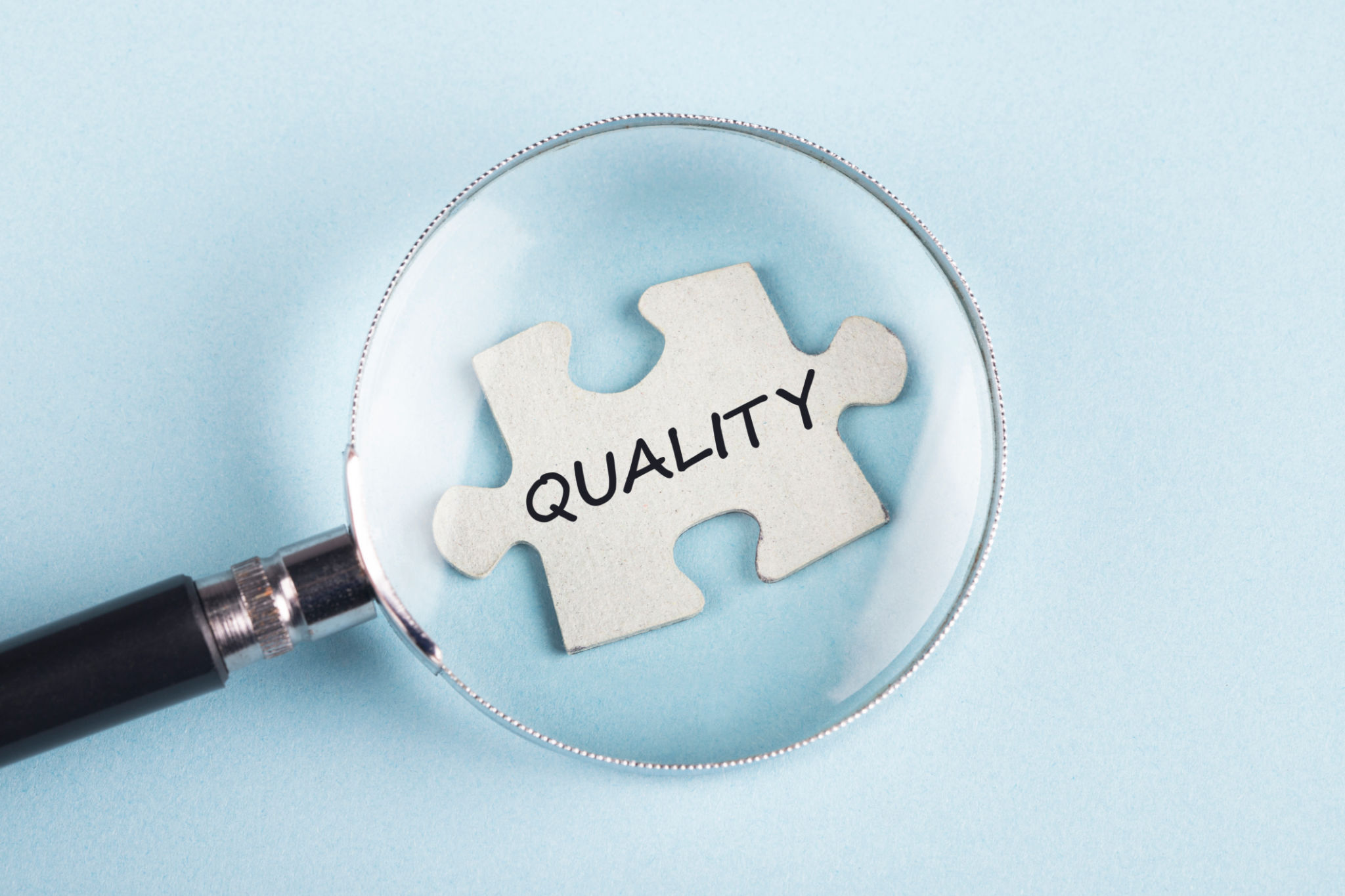Top Tips for Sourcing Commodities in China: A Wholesale Perspective
Understanding the Chinese Market
China has long been a global hub for sourcing a wide range of commodities, from electronics to textiles. As the world’s largest exporter, the country offers numerous opportunities for wholesalers looking to capitalize on its vast manufacturing capabilities. To succeed in sourcing commodities from China, it's crucial to understand the dynamics of its market.
The Chinese market is diverse and ever-changing, with new suppliers and products emerging regularly. This dynamism requires thorough research and a strategic approach to identify reliable suppliers who can meet your specific needs. Building a solid understanding of the market is the first step in successful sourcing.

Identifying Reliable Suppliers
Identifying reliable suppliers is one of the key challenges when sourcing commodities from China. The sheer number of suppliers can be overwhelming, making it essential to conduct due diligence. Start by researching potential suppliers online and checking their reviews and ratings.
It's also beneficial to attend trade shows and exhibitions where you can meet suppliers in person. This firsthand interaction can provide valuable insights into their operations and reliability. Additionally, leveraging platforms like Alibaba or Global Sources can offer access to vetted suppliers.
Verification and Communication
Once you have shortlisted potential suppliers, verification is crucial. Request samples of products to assess their quality and consistency. Establishing clear communication is equally important. Ensure that you and the supplier are aligned on product specifications, pricing, and delivery timelines to avoid misunderstandings.

Navigating Quality Control
Quality control is a critical aspect of sourcing commodities from China. Implementing a robust quality assurance process helps ensure that the products meet your standards and customer expectations. Consider hiring third-party inspection agencies to conduct pre-shipment inspections.
It's also advisable to establish clear quality benchmarks in your contracts with suppliers. Outline penalties for non-compliance to safeguard your interests. Regularly visiting suppliers' facilities can also provide insights into their manufacturing processes and help maintain quality standards.

Negotiating Favorable Terms
Effective negotiation skills are essential when sourcing from China. Start by understanding the local business culture, which often emphasizes relationships and mutual respect. Building rapport with suppliers can lead to better pricing and terms.
When negotiating prices, consider factors such as order volume, payment terms, and delivery schedules. Be prepared to compromise while ensuring that the terms remain favorable for both parties. Constructive negotiation can lead to long-term partnerships with reliable suppliers.
Leveraging Technology
Incorporating technology in your sourcing process can streamline operations and enhance efficiency. Utilize digital platforms for communication, order tracking, and payment processing to minimize delays and errors.
Moreover, staying updated with technological advancements in logistics and supply chain management can offer competitive advantages. Technologies like blockchain can enhance transparency and traceability in your sourcing activities.

Understanding Legal and Regulatory Requirements
Complying with legal and regulatory requirements is vital when importing commodities from China. Familiarize yourself with import duties, tariffs, and product standards applicable in your country. Engaging with customs brokers can simplify this process by ensuring that all documentation is in order.
Additionally, understanding China's export regulations is crucial to avoid any legal complications. Work closely with your suppliers to ensure that all necessary certifications and licenses are obtained before shipping the products.
By following these tips, wholesalers can navigate the complexities of sourcing commodities from China effectively, ensuring a smooth and profitable operation.